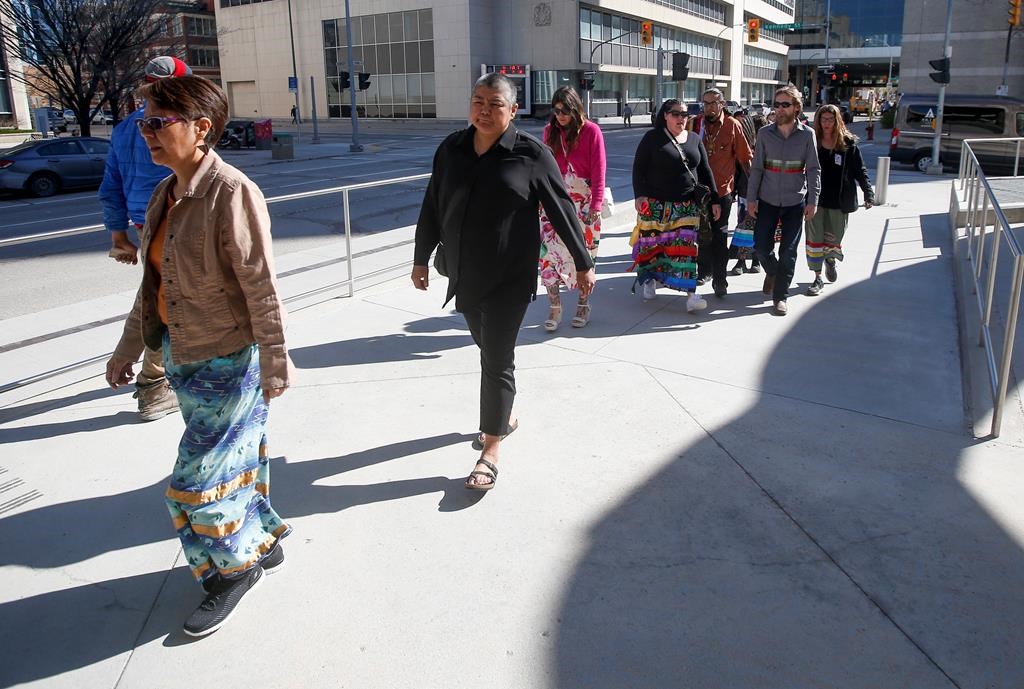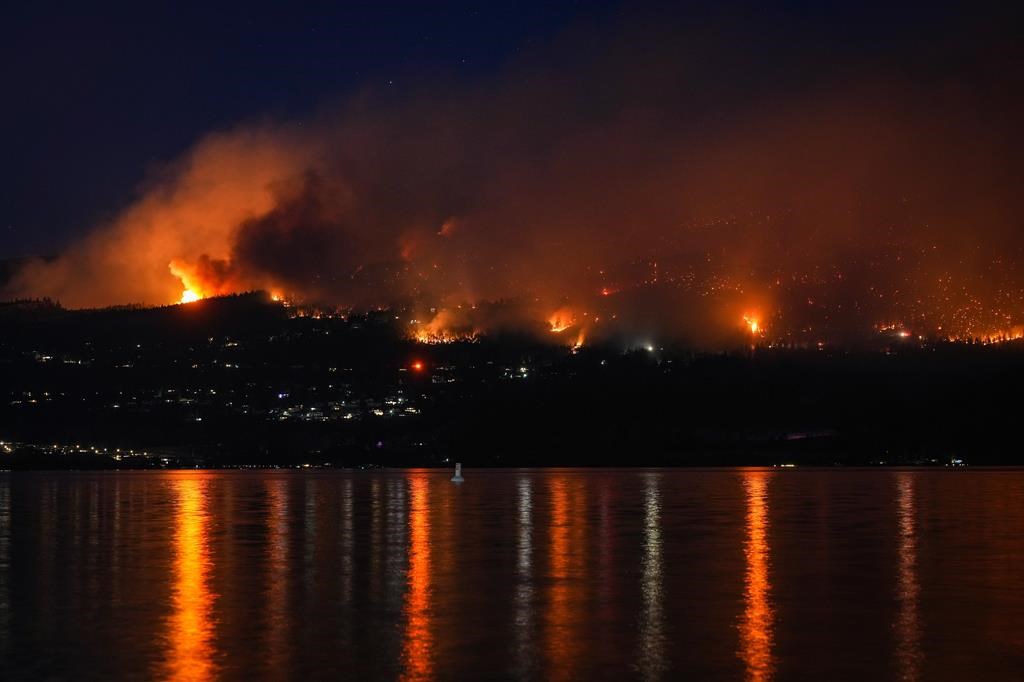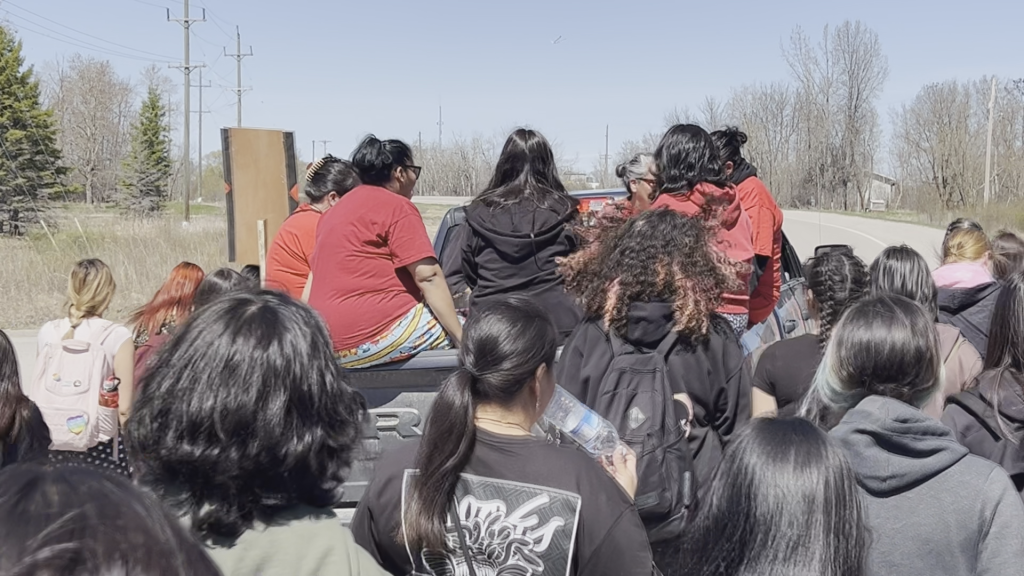Social media posts influencing perception of Israel and Gaza conflict around the world
Posted October 27, 2023 12:17 pm.
Last Updated October 27, 2023 12:19 pm.
Although Israel and Gaza’s conflict is thousands of miles away from Canada, a university instructor says social media posts are heavily affecting people’s perceptions and it’s reaching all the way back to the Middle East.
“I think by posting on social media, we kind of feel like we have a bit of control over a situation that’s concerning us. So we’re adding our thoughts to the situation hoping we might be able to help, for example (in) humanitarian efforts,” explained Ryan Clement, Rhetoric, writing & communications at the University of Winnipeg.
“There’s this tendency of polarizing online because you’re usually (liking) the videos you already agree with and don’t like the ones that you disagree with, so you tend to see more of the ones that you agree with. But the result of this is you get this kind of bubble.”
Clement says right now, these algorithms may be leading people to media sharing more extreme viewpoints.
“Depending on which news cycle you’re in, which kind of post you’re looking at, you might see one side or the other and only see one side – and be more led to the extreme on that side … rather than more central, more moderate positions. Which unfortunately doesn’t bode well for peace.”

Clement says he sees the conflict getting worse before it gets better and predicts the social media landscape will follow the same way.
“Probably there’s going to be more battles on social media. Also now, not only do we have individuals posting things. You have bots being programmed to post views and to identify people who are on the other side and post responses to them or try to delete comments.”
He says it’s reaching all the way back to the Middle East. With an internet connection, people in the conflict zones are watching the world react in real-time.
“…Fueling not only online debate and discussion in Canada and elsewhere in the world. But also fueling people on the ground in Gaza and Israel trying to see what’s going on themselves and what they think should happen,” said Clement
Although Clement says social media can be dangerous, it can be helpful, too. He says he holds a lot of hope in younger people, who are more adept and efficient in using social media for social justice.
“Younger people realize the inherent problem with this ongoing conflict that seems to never be resolved and the focus always on one extreme or the other as a solution. I think there is a lot of hope with younger people trying to look at different answers, different options to try and end this conflict in a way the previous generations weren’t able to.”








